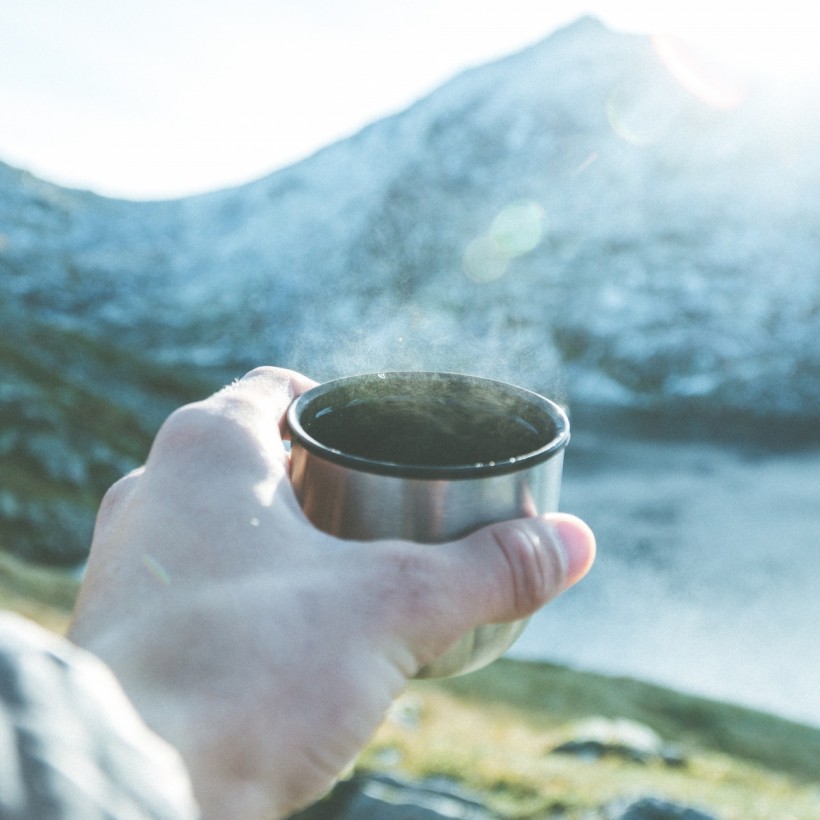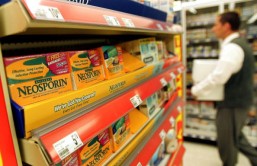
(Photo : Knut Troim on Unsplash)
USDA certified products like wellness tea can help us lead a healthier lifestyle - here's how you can be on the lookout for certified USDA organic products.
These days, it seems like every time you turn on the news, some new kind of ecological disaster has occurred or a new health advisory is in effect. With this and the help of rising tensions brought on by the COVID-19 pandemic, people are more concerned about their health than ever.
Luckily today, consumers have more control than ever before when it comes to choosing what they buy from the grocery store (or even online) and consuming products that won't damage our fragile health.
Shopping organic
Choosing organic products is one such way that people are taking control of their consumer habits.
Whether you do your grocery shopping online or at the corner store, there are all kinds of products that are USDA-certified organic.
You can find just about every kind of food product in your local grocery store that has an organic alternative. Even nonfood products are being manufactured organically.
But shopping organic isn't the only way that people are keeping their health and consumer habits in check. Diet has also stepped into the spotlight in recent years, as something more and more people are concerned about.
The pandemic has caused people to stay in, and cook nutritious meals more often, and even cut out the morning Starbucks run.
A focus on an organic diet and drink
Incorporating organic products into our everyday diet is becoming an increasingly popular practice.
Organic wellness tea, for example, is quickly replacing sugary coffee drinks as the go-to morning pick me up, as more and more studies have proven how much healthier tea is than coffee, especially wellness teas that are loaded with vitamins and beneficial herbs.
Herbaly is a great example of a popular company that is focusing on keeping things organic. Their wellness tea contains ginger, sencha, fennel seed, dandelion root, tulsi, turmeric, and lavender, each 100% organic.
Organic teas are popular because like Herbaly says, wellness tea is "the perfect antidote to a busy lifestyle and an essential tool for those looking to support a healthy life".
But how do you know that your morning wellness tea is actually organic?
If your favorite herbal wellness tea, breakfast cereal, or whatever else it is you're eating on a daily basis is labeled as USDA certified organic, then you can rest assured that it is safe to consume.
There is a high level of attention and care that food manufacturers and farmers have to go to in order to label their products as organic.
Brands technically can't label something as organic if they don't fall under the following descriptions, and the guidelines are enforced by the Agricultural Marketing Service.
USDA requirements for being considered organic
According to the USDA, "Organic is a labeling term found on products that have been produced using cultural, biological, and mechanical practices that support the cycling of on-farm resources, promote ecological balance, and conserve biodiversity".
When products are checked and cleared by the Agricultural Marketing Service, they are awarded an official USDA organic seal.
If reports show that any farm or manufacturing company missed any checkmarks like, no genetic engineering, synthetic fertilizers, or use of irradiation, the organic seal will not be granted.
Organic products must be made with organic and natural substances, and all agricultural and botanical products are held to a high standard of organic methods.
Take away
The importance of herbal and botanical products falling under the legal requirements of being organic goes without saying, as the whole point of purposefully choosing organic products is to cut out the guesswork, and feel confident and safe about consuming them.
Going organic doesn't just increase the level of good health in individuals, but also brings benefits to the world on a large scale. When we are more careful even about the small things like our morning wellness tea, our fragile eco-system will thank us.
Because it's the little everyday actions that really add up to cause big effects.
Less synthetic fertilizers more GMO-free products on our shelve can help us all take one step closer to living in a clean and healthy organic world.
Finding products that are USDA-certified organic doesn't have to be difficult. Just remember to keep in mind the USDA's list of labels and what they mean.
If you wish to look further into where you can find certified organic products and farms, you can look at this list of certified organic farms.
* This is a contributed article and this content does not necessarily represent the views of hngn.com








